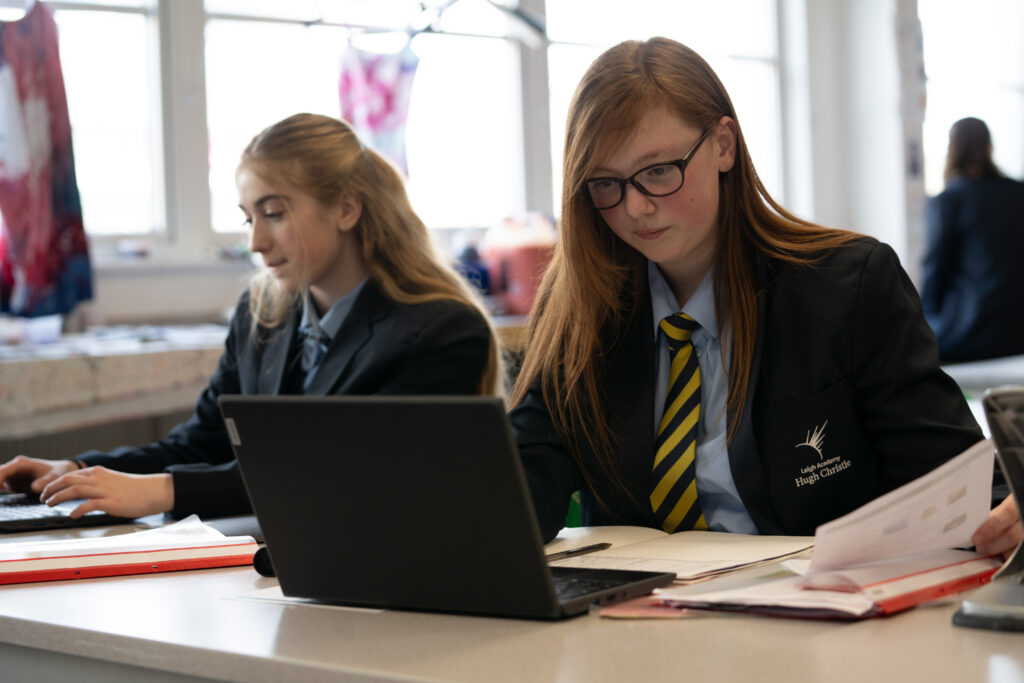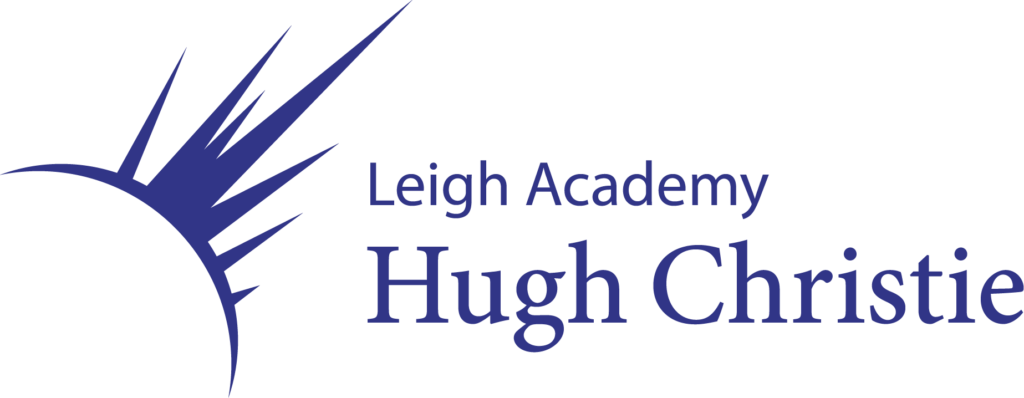Digital Learning
At Leigh Academy Hugh Christie, the vision of our digital strategy is to develop students into highly effective and responsible digital citizens. Our digital curriculum forms the foundations for our digital strategy, underpinned by the International Baccalaureate (IB) philosophy. The curriculum is woven seamlessly into all aspects of the student experience at the academy as a Google school and through our one-to-one chromebook scheme. These fundamental aspects support our aim for all students to be digitally literate, responsible digital citizens and have the skills to thrive in a digital world.
Our digital strategy is carefully designed to complement, not replace, traditional teaching methods. Our digital curriculum ensures staff are able to remove barriers to learning and enhance student engagement, providing a rich and diverse learning experience.
Digital safety is another fundamental aspect of our strategy, to ensure all stakeholders are aware of how to remain safe online. Our digital citizenship programme ensures that students are taught how to remain safe online and through their use of technology. If you have any concerns around the online safety of a child, please refer to the safeguarding team, detailed on the website.

Chromebooks
At Leigh Academy Hugh Christie, each student receives their own Chromebook device, which is loaned from Leigh Academies Trust in agreement with parents/carers as students enrol with the academy. Upon enrolment, parents/carers are required to collect the device and sign a Loan Agreement Document. By receiving the device and signing the agreement, students agree to adhere to the Acceptable Use Policy. These aspects are also included in the Home Academy Agreement.
Students are expected to take care of their device and responsible for ensuring it is brought to the Academy fully charged every day as part of their compulsory equipment list. We strongly encourage parents to invest in a Chromebook sleeve case to protect the device and ensure it lasts the required time while their child is attending the Academy, affordable covers can be easily found online. Students should not leave their device charging overnight as this will shorten the battery life and lead to complications should they be required to use their device frequently throughout the day.
Our use of Chromebooks supports student learning but does not replace traditional writing in books or extended writing opportunities in lessons. As an Academy we are aware of protecting students, and staff, from excessive screen time and encourage you to ensure students do not spend a significant proportion of their evening time using devices. For further guidance on how to use Chromebooks, please visit the LAT Chromebooks Website.
Google Classroom
Part of our digital strategy is to ensure each physical classroom has a virtual one (Google Classroom) that complements it. Our curriculum intent and implementation strategy ensures that each lesson is posted on the relevant Google Classroom each day, inclusive of any additional resources to support learners.
Google Classroom provides students with a clear stream of learning, enabling students to; collaborate on documents, refer back to prior learning, access learning during absence and have a central location for all aspects to support their learning within that subject.
Online Safety
Online Safety is being aware of the nature of the possible threats that you could encounter whilst engaging in activity through the Internet. These threats are grouped into 4 key categories (KCSIE 2021):
- ‘Content: being exposed to illegal, inappropriate or harmful content, for example: pornography, fake news, racism, misogyny, self-harm, suicide, anti-Semitism, radicalisation and extremism’ (KCSIE 2021).
- ‘Contact: being subjected to harmful online interaction with other users; for example: peer to peer pressure, commercial advertising and adults posing as children or young adults with the intention to groom or exploit them for sexual, criminal, financial or other purposes’ (KCSIE 2021).
- ‘Conduct: personal online behaviour that increases the likelihood of, or causes, harm; for example, making, sending and receiving explicit images (e.g. consensual and non-consensual sharing of nudes and semi-nudes and/or pornography, sharing other explicit images and online bullying’ (KCSIE 2021).
- ‘Commerce – risks such as online gambling, inappropriate advertising, phishing and or financial scams’ (KCSIE 2021).



